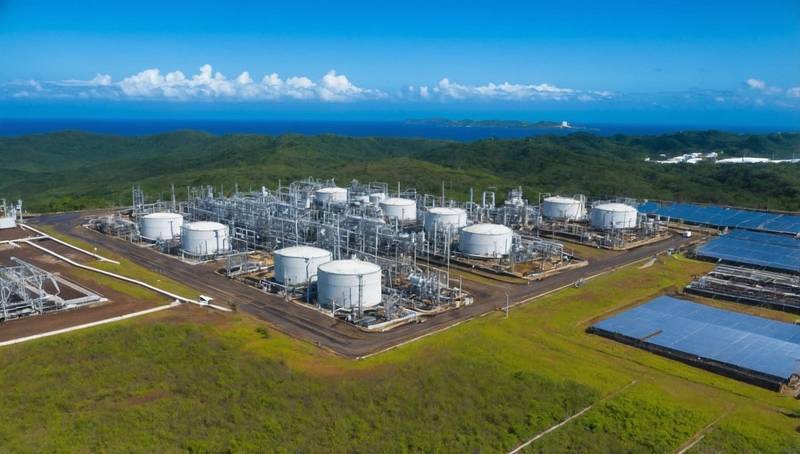
Egypt’s Ministry of Petroleum and Mineral Resources has announced it successfully met the country’s rising fuel and gas demands during the recent extreme heatwave, ensuring stability for the electricity grid despite soaring consumption levels.
Minister of Petroleum and Mineral Resources Karim Badawi confirmed the achievement during an inspection visit to the main control centre of the National Natural Gas Network (NATA), operated by GASCO in New Cairo.
The minister reviewed the performance of the network, monitoring the flow of gas from domestic production and the three liquefaction plants operating at the SUMED and Sonker terminals in Sokhna.
Badawi highlighted that despite the sharp increase in electricity demand brought on by unprecedented temperatures, the ministry had secured sufficient fuel and natural gas supplies to prevent disruptions.
He credited the success to contingency plans developed for the national grid, including operational scenarios and emergency manoeuvres designed to withstand extreme conditions.
“The electricity sector’s needs for gas and fuel were fully secured during these past few days of severe heat, thanks to careful planning and the grid’s operational flexibility,” Badawi said, stressing the ministry’s proactive measures to safeguard the energy supply chain.
The minister underscored the ongoing cooperation between the Ministries of Petroleum and Electricity, supported by dedicated joint task forces working round the clock.
These teams coordinate fuel allocation, identify real-time requirements, and ensure deliveries, with a reliance on scheduled LNG imports where necessary.
Badawi reaffirmed that the government remains committed to guaranteeing the country’s energy security, despite weather-driven spikes in demand.
“The state, through all its agencies, continues its integrated efforts to meet the fuel and natural gas needs of the local market, maintain energy system stability, and support economic development goals,” he said.
The ministry’s measures come as Egypt faces repeated summer heatwaves, which have driven power demand to record highs, placing unprecedented pressure on fuel and gas supplies.



